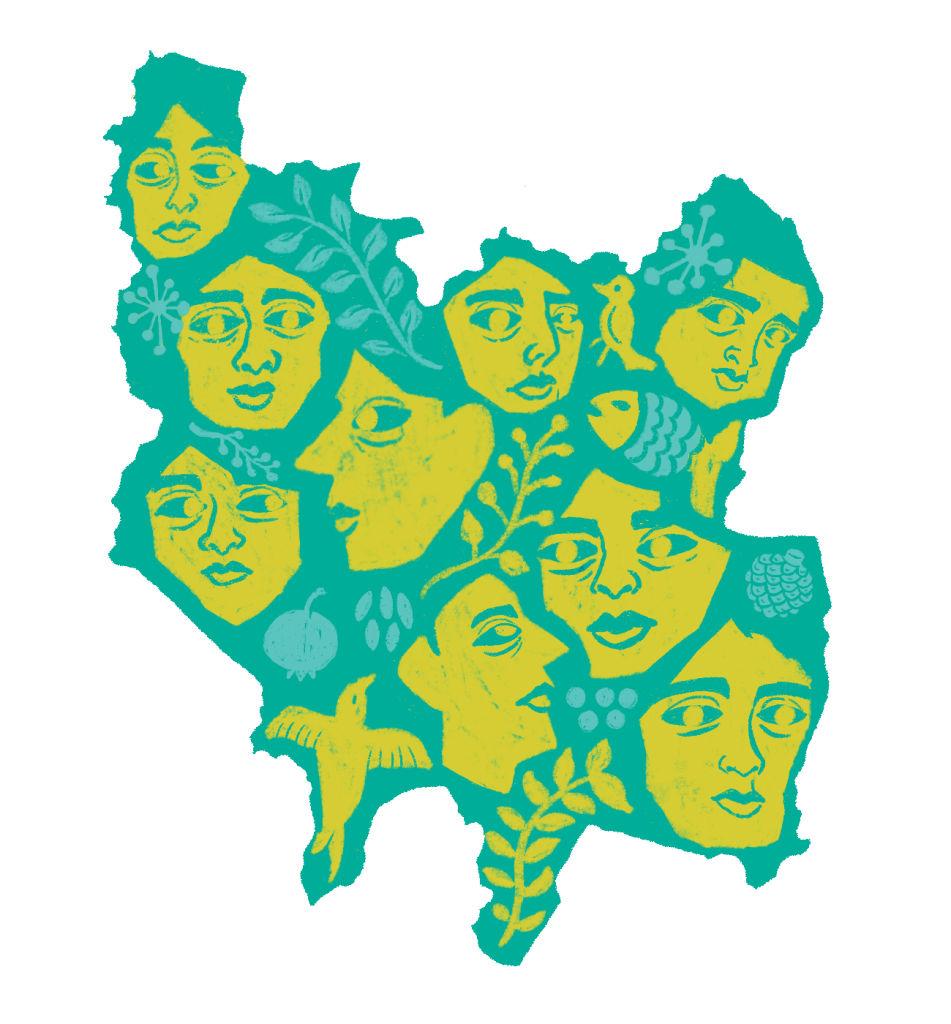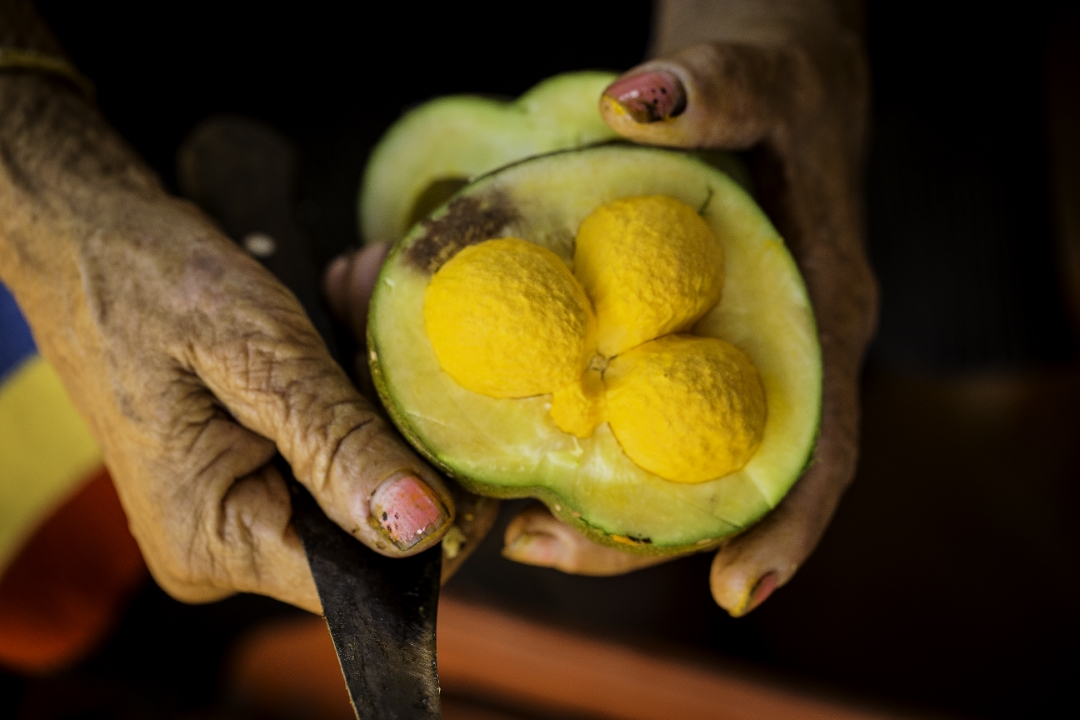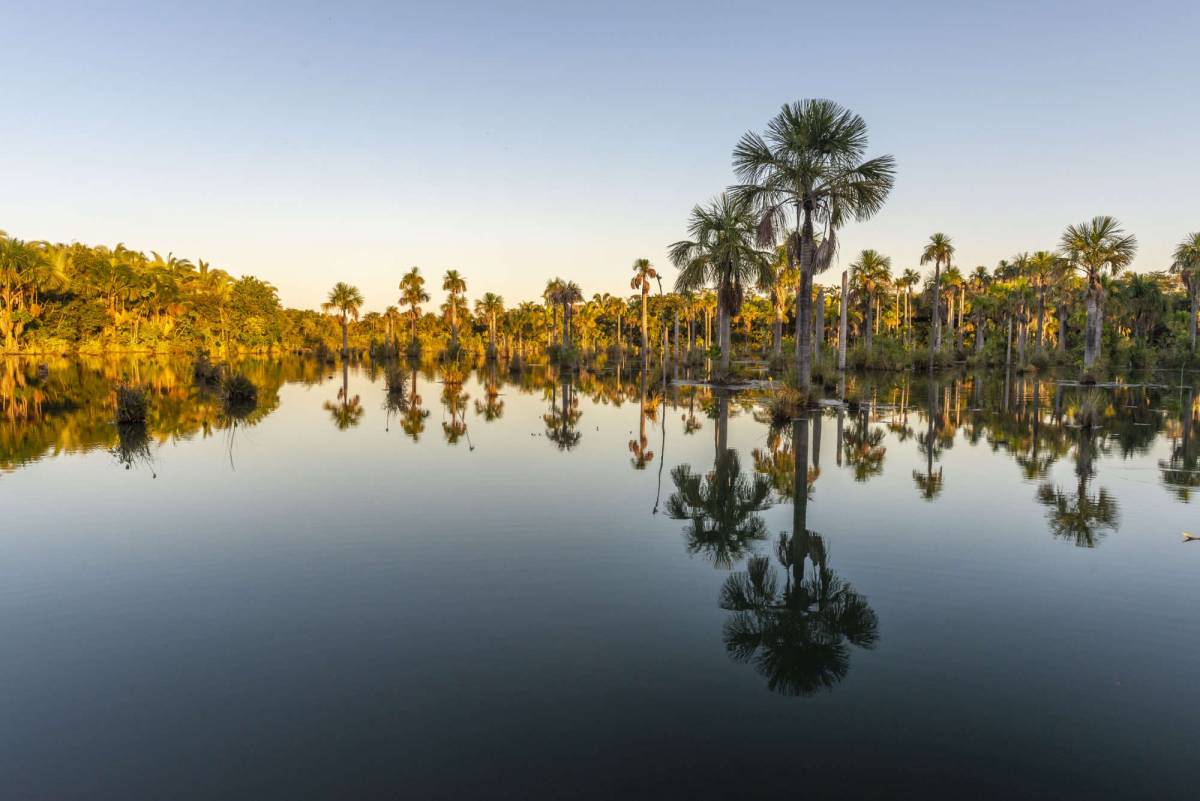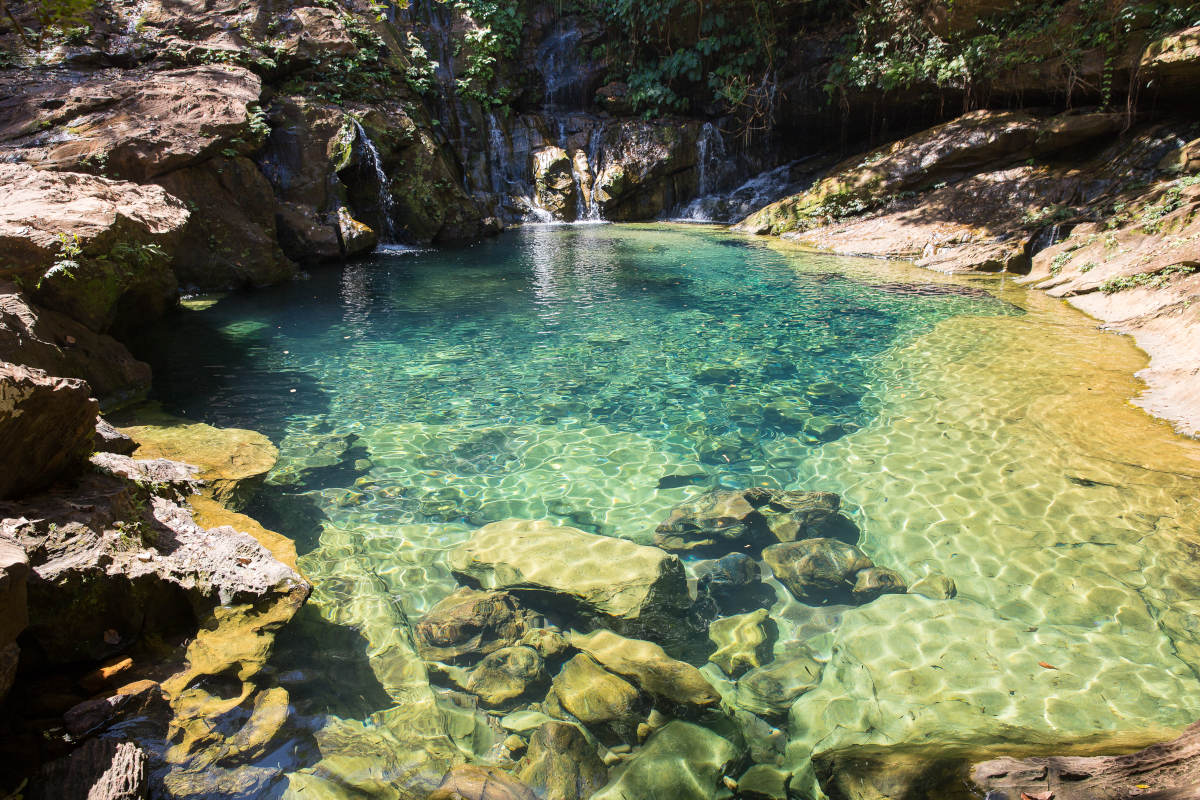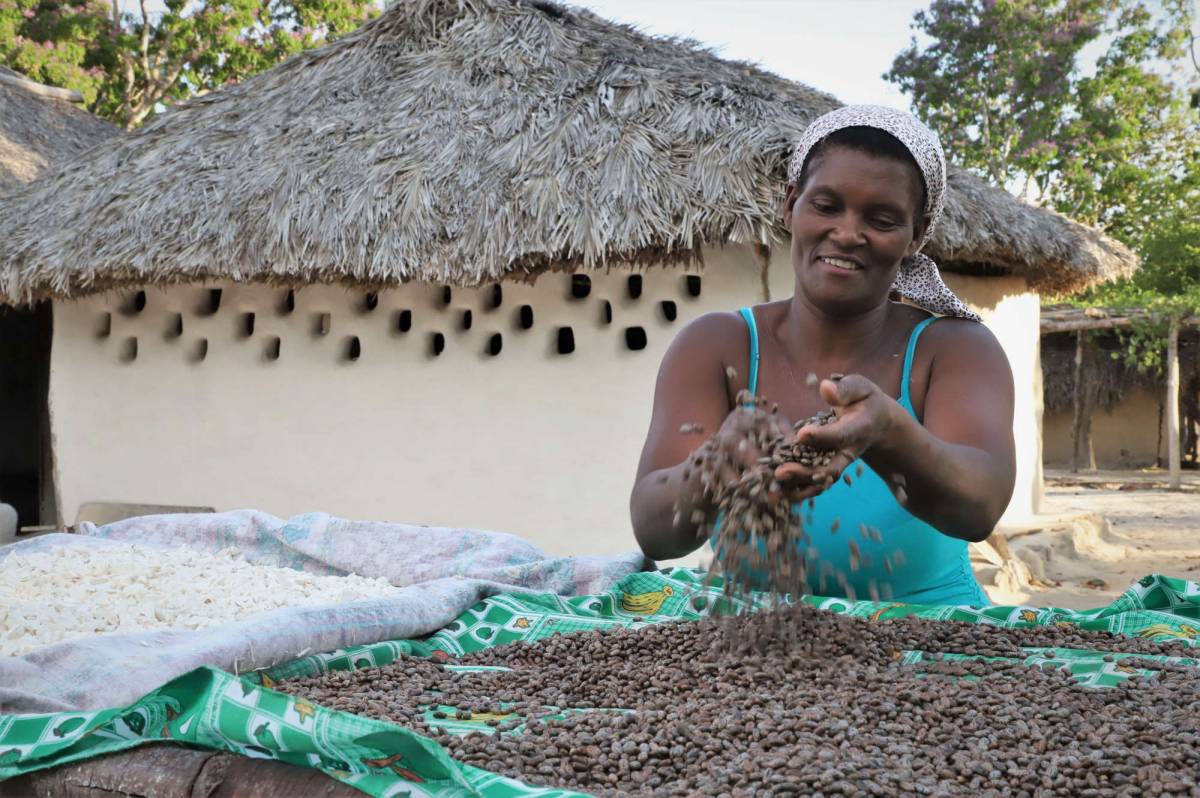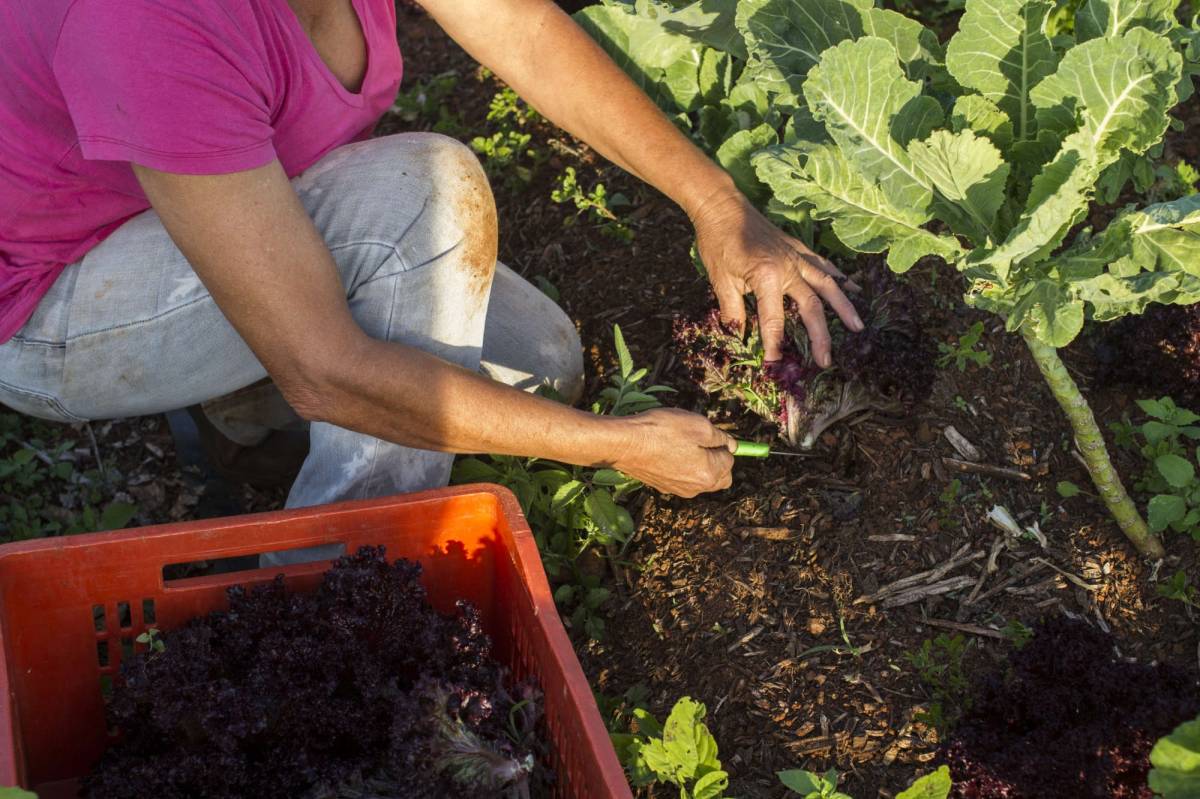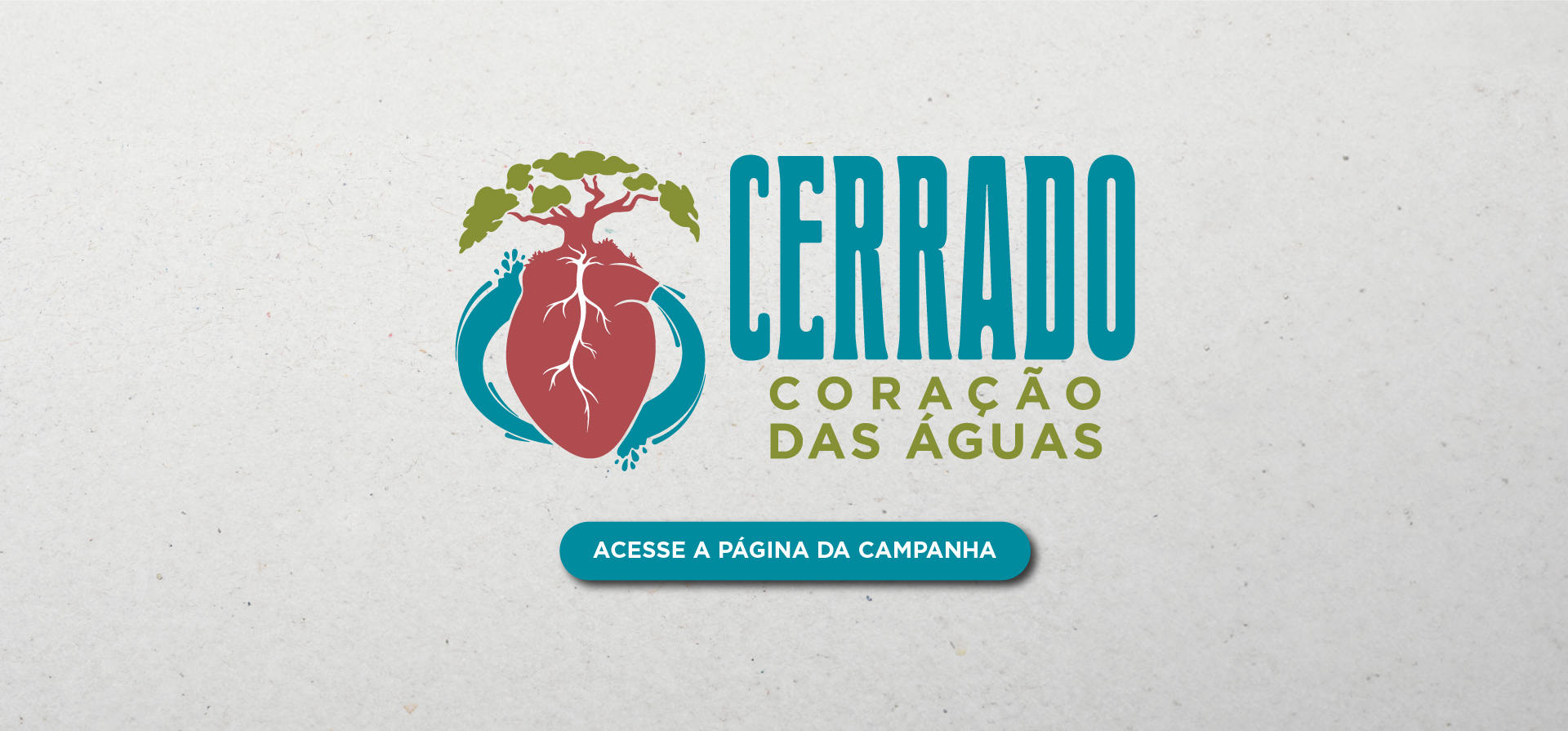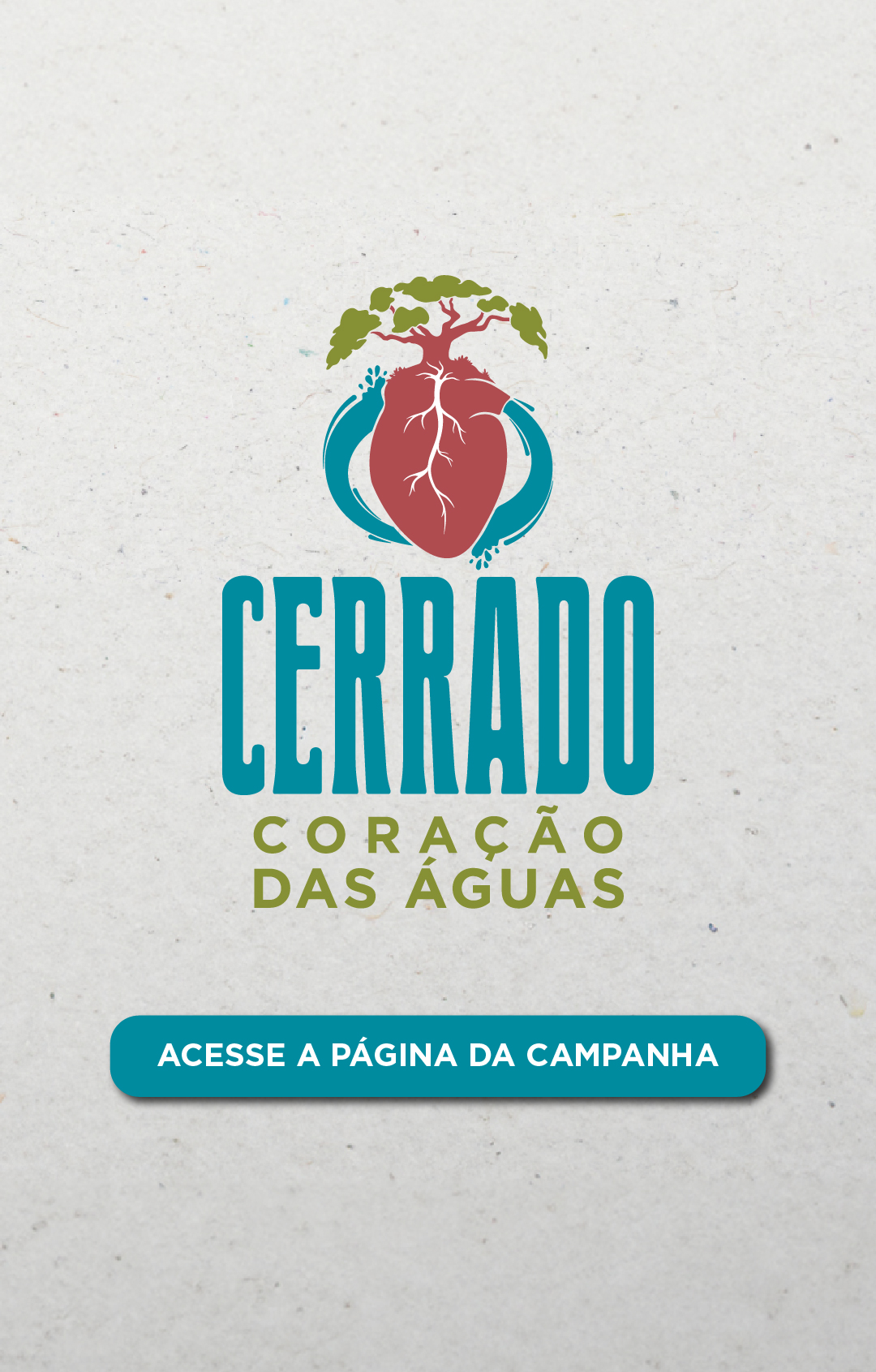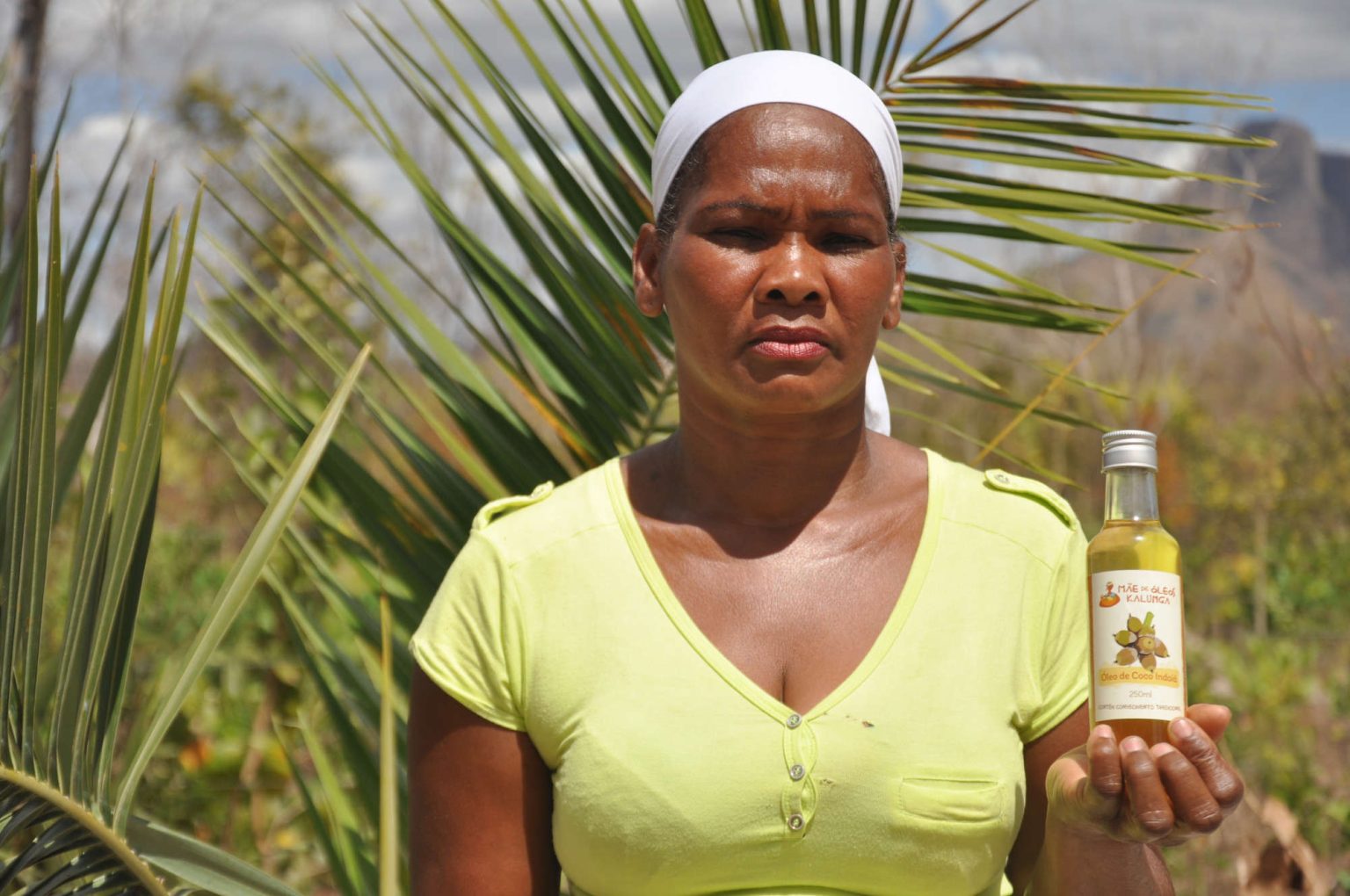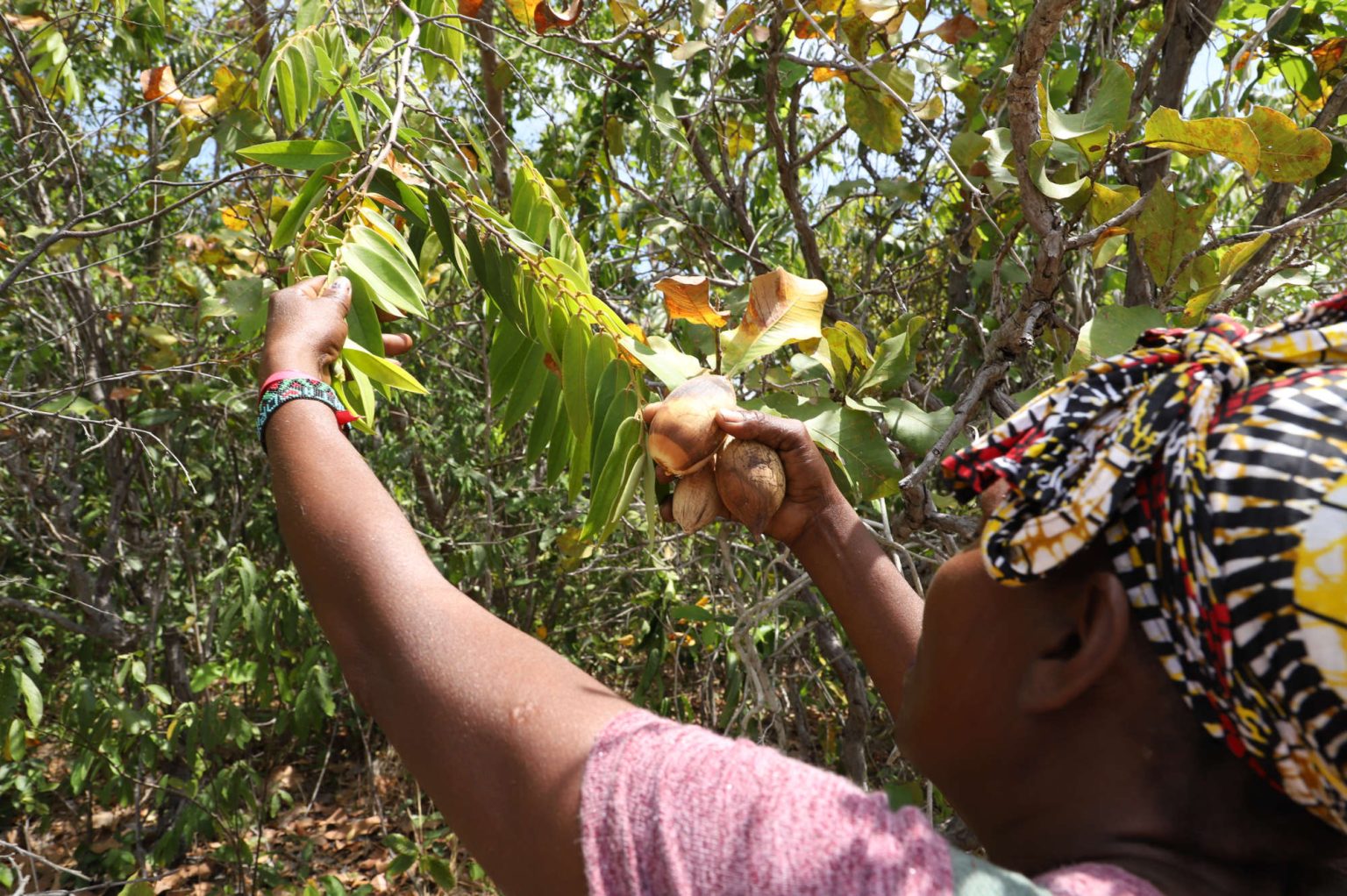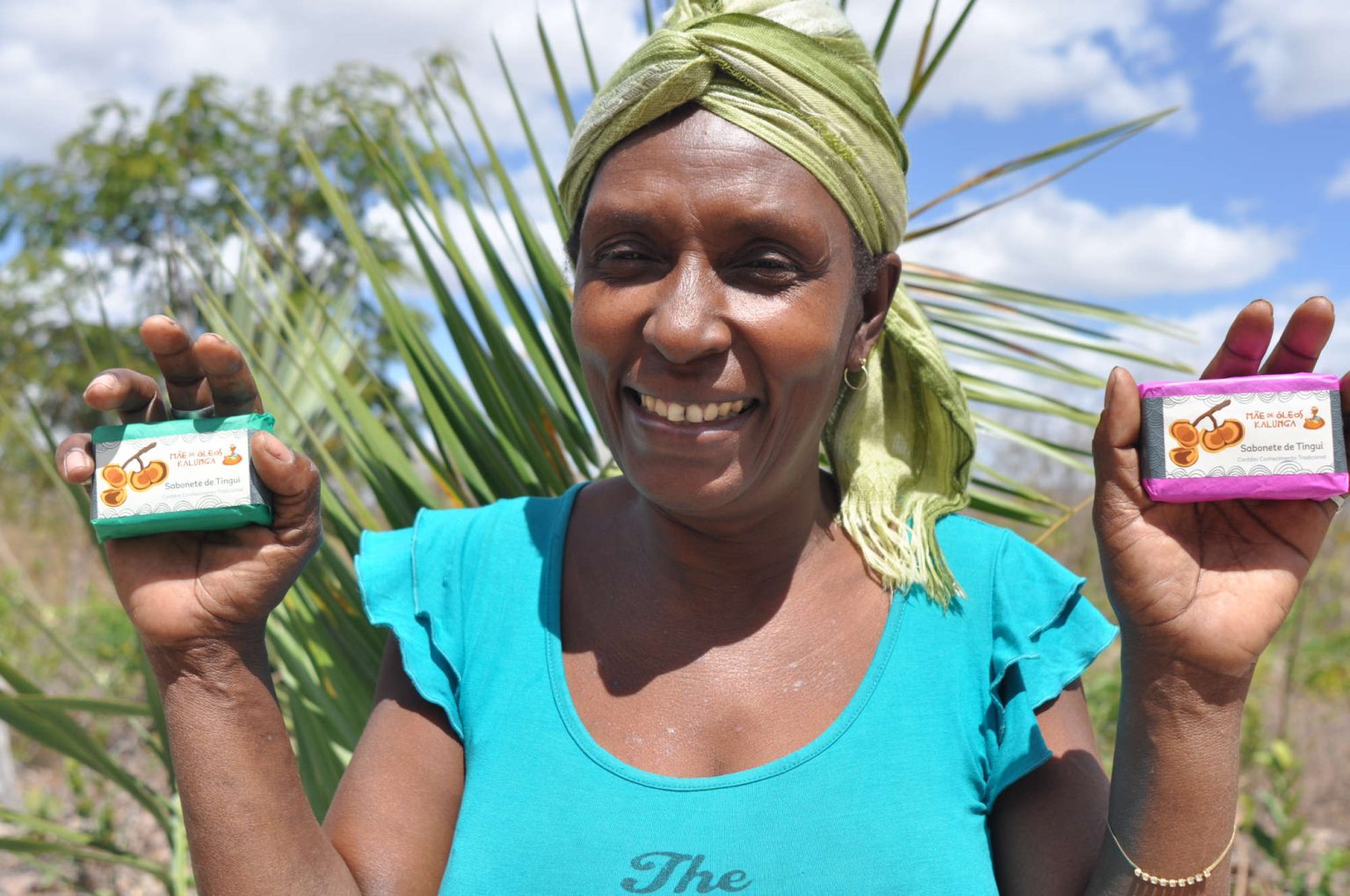Good Results: experiences and richness of the peoples
Maria Lucia Agostinho lives in the Água Boa Community, a prescient name (meaning “Good Water”, in Portuguese), located in the state of Minas Gerais, southeastern Brazil. Known as Dona Lúcia, she is a family farmer, a geraizeira, active protector of the Cerrado and also considers herself a “guardian of the springs”.
Dona Lúcia works to strengthen the supply chain of biodiversity fruits collected and traded in the community, such as araticum, mangaba, licuri and, especially, pequi. In the region, clay art craft is also strong and a talent that has been passed on from ancestors. Jugs, filters, pots and jars are an addition to the fruit supply chains and contribute to income generation and local sustainability.
Fruits and plants also intertwine in the assembly of this handicraft. Women make hats out of licuri straw, hampers with vines, among others. In addition, there is a strong cultivation of family farming, especially manioc, with which they make starch and sell it. The seedling nursery and heirloom seeds also provide production and income for Dona Lúcia’s community.
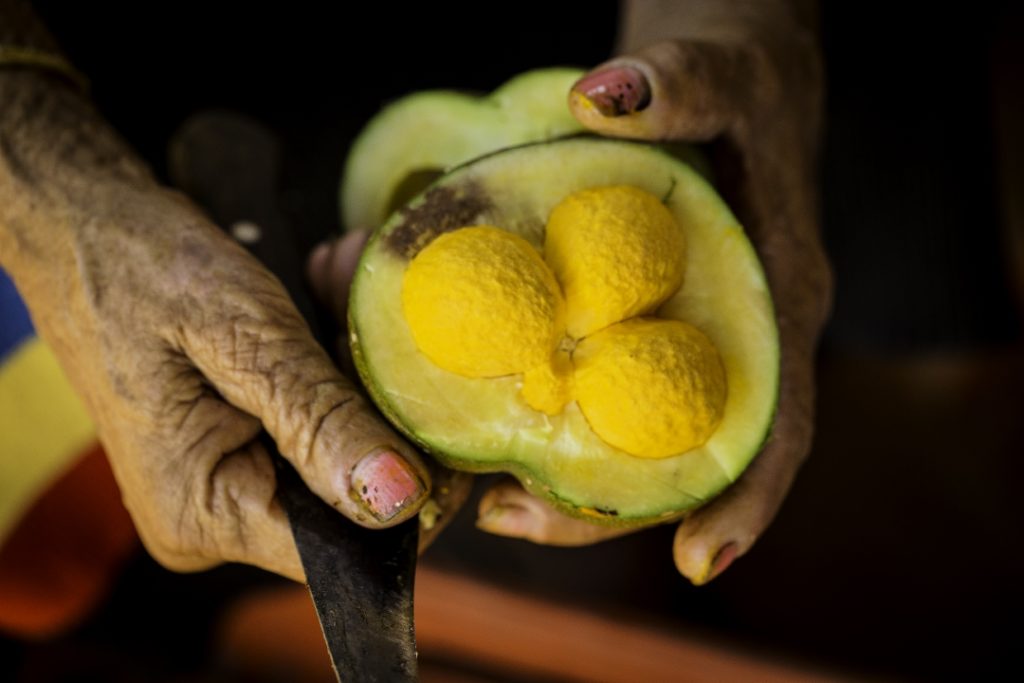
Dona Lúcia’s territory is constantly threatened by large undertakings, mainly eucalyptus monocultures. “Many of these businessmen have started to develop monocultures in nearby regions, which has degraded the environment and caused imbalances. Regions that used to have enough water now no longer do”.
Threats to the territory of the Água Boa community impact both the environment and the livelihoods of farmers. Dona Lúcia tells us that her community organized mobilizations, demonstrations, and she herself, along with other companions, went on a 36-hour hunger and thirst strike to prevent the destruction of the springs by a large enterprise, which also prevented them from having access to waters.
All this struggle has generated results. Dona Lúcia and her community had their territory recognized as a sustainable use protected area, the Nascentes Geraizeiras Sustainable Development Reserve, in the areas where they collect Cerrado fruits and raise animals, which gave them more security. The guardian of the springs continues working with her community to defend their territory, which they see as a struggle to defend their own life.
Located in midwestern Brazil and considered the largest quilombola community in the country, the Kalunga territory is inhabited by people who have an ancestral relationship with nature, based on respect and sustainability. Women stand out in the handling of local biodiversity, transforming it into handcrafted products with unique characteristics.
There are countless native plants that feed Kalunga families, but some also generate income for women, such as the famous pequi and buriti. Family farming products are used to increase sales at local farmer’s markets. They sell oils, soaps, flours, spices, handicrafts, among other products, made by these women who always have their doors and wisdom open to anyone who wishes to be captivated by the strength of the Kalunga.
When visiting the community of Vão de Almas, one of the many communities that compose the Kalunga territory, it is easy to understand why this work is done in a sustainable way. The quilombolas’ way of life guarantees the conservation of large areas of native vegetation, where they collect these many fruits and coconuts, surrounding their fields of manioc, corn, beans, rice, sesame, and an infinite amount of food.
When visiting the community of Vão de Almas, one of the many communities that compose the Kalunga territory, it is easy to understand why this work is done in a sustainable way. The quilombolas’ way of life guarantees the conservation of large areas of native vegetation, where they collect these many fruits and coconuts, surrounding their fields of manioc, corn, beans, rice, sesame, and an infinite amount of food.
